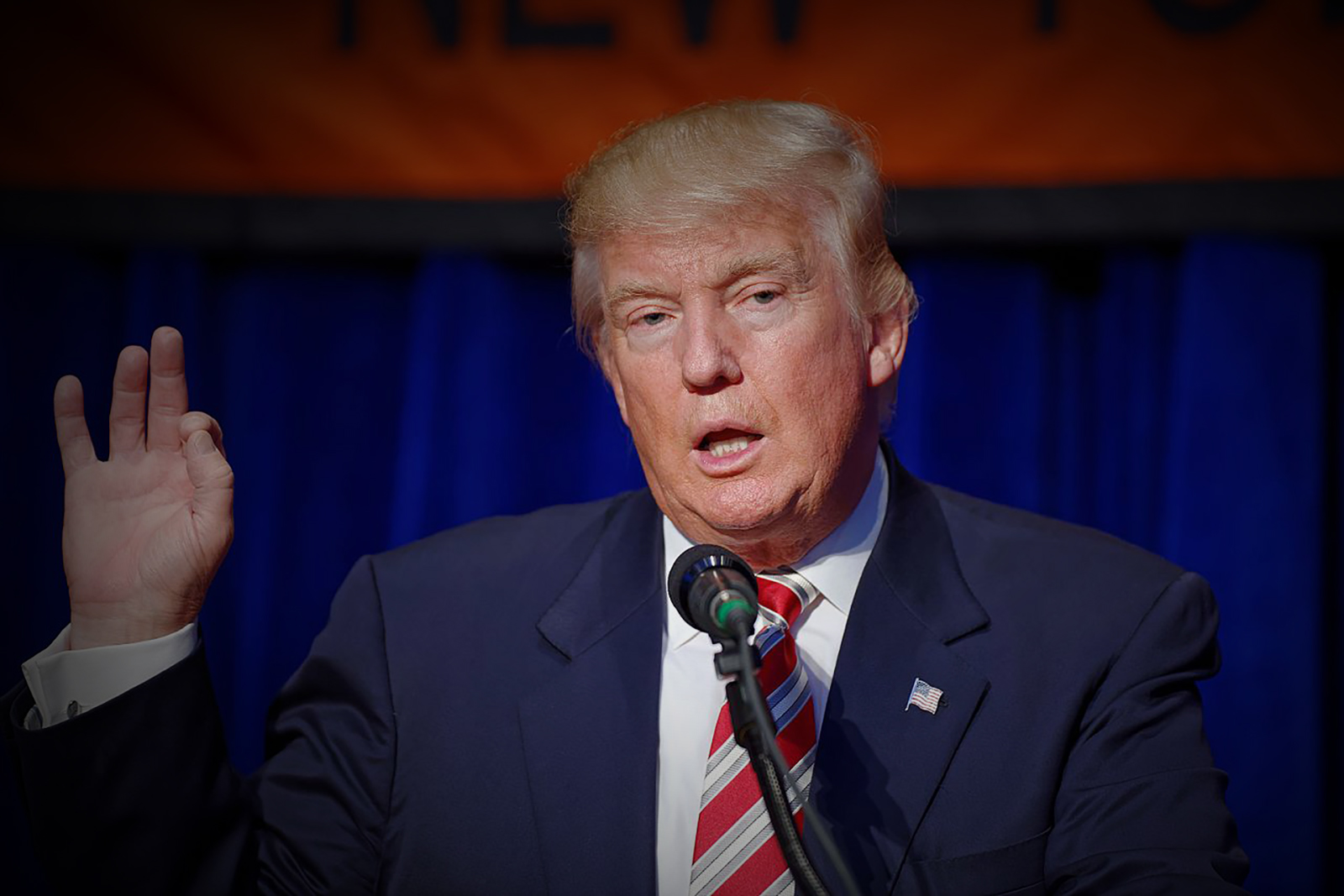US spares Apple and Fitbit from new China tariffs


The United States will spare Apple's Watch and other consumer gadgets from the latest round of tariffs on Chinese goods, a senior administration official has said in a last-minute reprieve for the technology industry.
The administration's proposal for the tariffs on $200 billion of products drew protest from technology companies earlier this year, but the final list of taxed devices described by the official avoids many big consumer brand names and products.
It will take effect on September 24 at a 10 percent level, and rise to 25 percent at the end of the year.
Smart watches and devices that use Bluetooth wireless communications, the technology behind Apple's AirPods and other products that work with smartphones, will be excluded from the new tariff list.
In an earlier round of tariffs on $50 billion of goods, the Trump administration removed proposals on flat-panel television sets from the final list in June.
The new list would spare fitness trackers from Fitbit, which had said in a comment letter to regulators that the tariffs would compromise its own investment in the United States.
Despite the changes, the new tariffs still will cover about $200 billion worth of additional Chinese goods as part of an intensifying trade dispute between the world's two largest economies.
Apple had said the US tariffs would affect prices for a "wide range" of Apple products, including its Watch, in a letter commenting on administration proposals earlier this month.
"Our concern with these tariffs is that the US will be hardest hit, and that will result in lower US growth and competitiveness and higher prices for US consumers," Apple said in a letter.
"Tariffs increase the cost of our US operations, divert our resources, and disadvantage Apple compared to foreign competitors. More broadly, tariffs will lead to higher US consumer prices, lower overall US economic growth, and other unintended economic consequences. As a result, tariffs will ultimately reduce the economic benefit we generate for the United States."
In response, the American President took to Twitter to rail against Cupertino.
"Apple prices may increase because of the massive Tariffs we may be imposing on China - but there is an easy solution where there would be ZERO tax, and indeed a tax incentive. Make your products in the United States instead of China. Start building new plants now. Exciting! #MAGA," Trump wrote.
This is far from the first time the administration's actions have contradicted the musings of Trump on Twitter.
Last month, United States customs officials began collecting a 25 percent import duty on 279 Chinese goods valued at $16 billion, composed mostly of industrial products including steam turbines and iron girders. At the same time, China introduced its own tariffs to the same value.
Although assembled consumer goods have been mostly exempt in the tit-for-tat trade battle between Washington and Beijing, items such as glass, insulating fittings, and conduit tubing have been targeted, which are likely to push up the prices of enterprise gear such as servers, networking equipment, and cooling systems.
Trump kicked off his trade war with China in March, imposing higher tariffs after an investigation by Trade Representative Robert Lighthizer had found that China used foreign ownership restrictions to require tech transfers from US to Chinese companies, as well as conducting espionage to acquire intellectual property.
"We have a trade deficit, depending on the way you calculate, of $504 billion, now some people would say it is really $375 billion," Trump said at the time.
"Frankly, it's going to make us a much stronger, much richer nation."
With AAP
Related Coverage
Trump trade war: Tariffs readied for further $200b in Chinese imports
The Trump administration is preparing to slap tariffs on an additional $200 billion in Chinese imports, with the final decision expected at the end of August.
Trump orders US Trade Rep to find $200b of Chinese goods to hit with new tariffs
If China reacts once again to the United States imposing tariffs on it, the US will find an additional $200 billion worth of goods to throw tariffs on.
Trump's national security strategy outlines 'cyberspace' goals
The sprawling 68-page document included a brief list of action items that aim to improve the country's approach to cybersecurity.
Trump Kim summit: Whatever happens, North Korea-US cyberwar will rage on
Opinion: A grin and a handshake will not change the attitude of either when it comes to hacking at the country scale.
How Trump's trade war with China could impact the US tech industry (TechRepublic)
Alex Feinberg, Director of Partnerships at OKcoin, explains why the global trade war could hamper American innovation.
Could Trump's China tariffs make IT more expensive for businesses? (TechRepublic)
The tariffs could affect $50-$60 billion worth of goods and increase trade tensions.